NY Community Bancorp's Legal Battle and Financial Reckoning
A Journey Through Litigation, Economic Turbulence, and the Quest for Resurgence

On February 6th in New York, New York Community Bancorp was taken to court by its investors following the bank's announcement of unforeseen losses in its commercial real estate loans and a significant reduction in its dividend, leading to a drop in its share price to the lowest level in almost 27 years.
Investors launched a class-action lawsuit in a federal court in Brooklyn, alleging the bank committed fraud by not revealing its plans to allocate additional funds for potential credit losses and by cutting its dividend by 71% to improve its financial standing.
The lawsuit, initiated by Walter Lemm, a resident of Tennessee, charges the bank, which has been operational for 145 years, with misleading investors since the previous March through overly optimistic statements about its financial health and future outlook.
There was no immediate response from New York Community Bancorp to requests for comment. Thomas Cangemi, the CEO, and John Pinto, the CFO, are named as co-defendants in the case.

With its headquarters in Hicksville, New York, the bank serves customers through roughly 420 branches, including those under its original name, Queens County Savings Bank. The bank caught investors off guard with a declaration of a $260 million loss for the fourth quarter, attributed to loans connected to office and residential buildings, and announced a dividend reduction as a measure to conserve capital in adherence to regulatory demands.
The acquisition of Signature Bank in the previous spring through a government-facilitated sale, along with the December 2022 acquisition of Flagstar Bank, has increased the bank's assets to over $116 billion.
The difficulties faced by New York Community Bancorp have raised alarms regarding the vulnerability of other medium-sized banks with exposure to commercial real estate, especially as landlords face low occupancy due to the pandemic and rising interest rates hike the cost of refinancing.
The failure of two other regional banks, Silicon Valley Bank and First Republic, early in the previous year has compounded these concerns.
Shares of New York Community Bancorp fell by $1.22, or 22.2%, closing at $4.20 on that Tuesday, even dropping below $4 at one point, a low not seen since April 1997.
The stock has seen a 60% decrease over the past week. It's not unusual for companies to face legal action from their investors following unexpected announcements that lead to a steep decline in their stock value.
The lawsuit is filed under Lemm v New York Community Bancorp et al in the U.S. District Court for the Eastern District of New York, case number 24-00903.
Clients who adhere to a debt relief program can expect an approximate saving of 57% before fees, or 22% inclusive of fees, spread over a period of 6 to 24 months. It's important to note that these estimates are based on debts that have been enrolled in our program. Please be aware that not all types of debts qualify for enrollment, and not all clients may complete our program due to factors like the ability to save sufficient funds. These estimates are based on prior results, which will inevitably vary depending on individual circumstances. While we aim to reduce your debts, we don't guarantee a specific reduction amount or percentage, nor do we promise that you'll be debt-free within a certain time frame. We don't take over consumer and/or business debt, and we don't offer tax, bankruptcy, accounting, legal, or credit repair services or advice. For information on the tax consequences of debt settlement, please consult a tax professional. For information on bankruptcy, consult with a bankruptcy attorney. Should you have further questions about our services, we encourage you to contact us.
© Copyright 2024 Clear Creditor Solutions All Rights Reserved.









